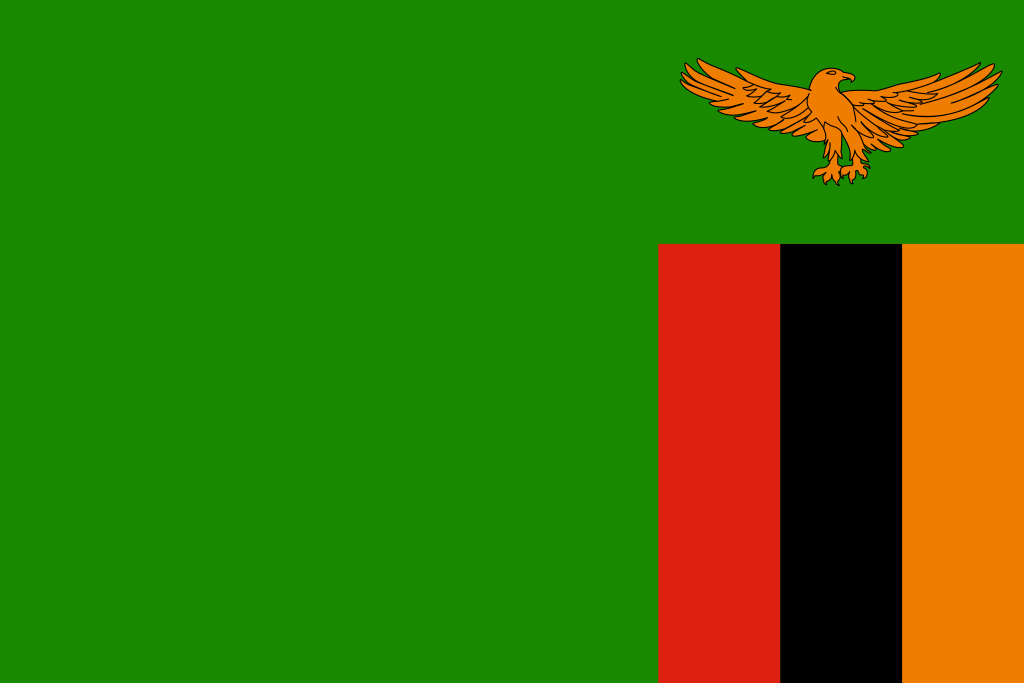Effective Immediately, foreign nationals who enter Zambia without valid health insurance must obtain local health insurance through the National Health Insurance Management Authority (NHIMA), on arrival at the port of entry.
Previously, health insurance was not mandatory.
Our Advice
Employers who may be affected are encouraged to contact a Wolfsdorf Rosenthal immigration attorney or email Global@Wolfsdorf.com for case-specific advice.


